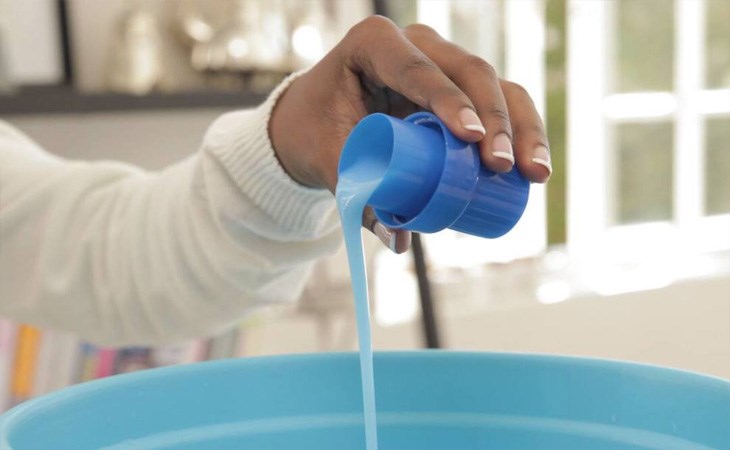Study Finds Washing Too Many Clothes Contributes to Marine Pollution
Putting too many clothes into the washing machine can result in various issues. The rotating motion of the drum can cause the clothes to twist together, leading to stretching or tearing of the fabric. This can also result in wrinkles and damage to the clothes after washing. Therefore, it is important to avoid overloading the washing machine to maintain the quality and longevity of your garments.

Rise in Vision Loss Cases Tied to Misuse of Bleach
Overexposure to bleach may lead to adverse effects such as clothing becoming rough and colors fading rapidly. Additionally, individuals with sensitive skin have a higher susceptibility to allergic reactions caused by such bleaching agents.

Risks of Not Drying Clothes Promptly After Washing
Importance of Hanging clothes After Washing
It is crucial to hang clothes immediately after washing them. Leaving them in the washing machine can result in the growth of bacteria and mold, leading to potential health risks when wearing them and also contaminating the washing machine. Hence, it is advisable to hang clothes in a well-ventilated and well-lit area post-wash to ensure proper drying and minimize any potential risks.

Warning: Avoid Leaving Clothes to Soak for Too Long to Prevent Color Damage
Excessive soaking of clothing is not an effective method for complete dirt removal. This practice can weaken the fabric fibers and increase the likelihood of tearing. Additionally, extended exposure to sunlight can cause clothes to fade rapidly.
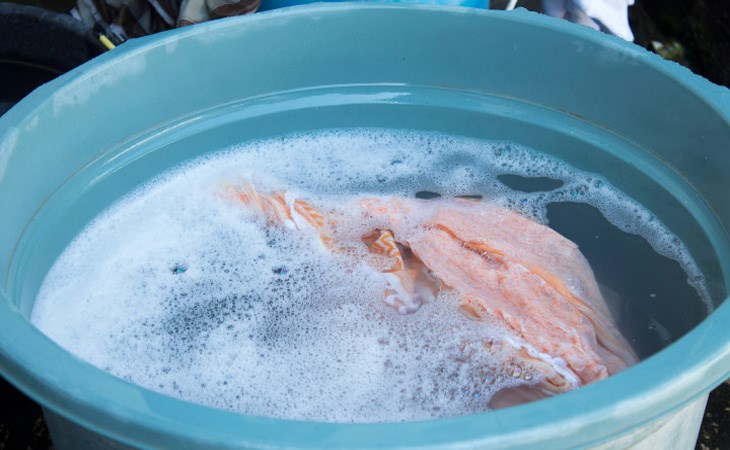
Skipping Zip Step Can Lower Water Consumption During Laundry
It is important to take precautionary measures when washing clothing items with certain types of fasteners. These fasteners have the potential to rip other garments and may also cause damage to the washing machine drum, resulting in unusual noises. To avoid any mishaps, it is recommended to ensure that all clothing with fasteners is properly zipped up before initiating the washing machine.
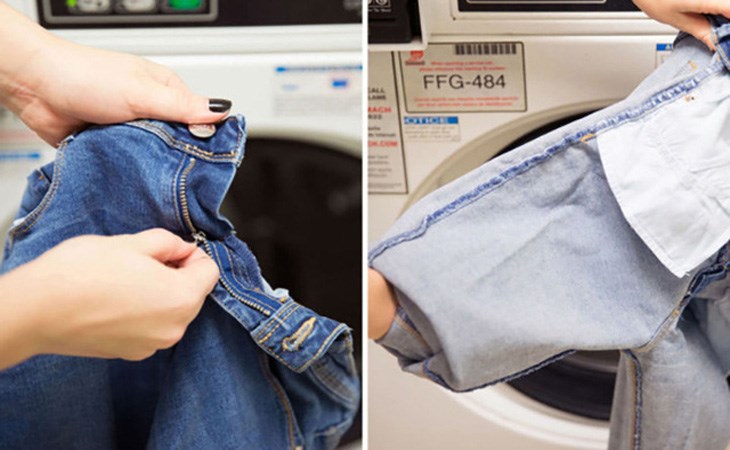
Warning: Overuse of Clothes Dryers Can Damage Fabrics
Using a dryer excessively to speed up the drying process of freshly washed clothes is a common occurrence among individuals. Unfortunately, this habit has a detrimental effect on the integrity of fabric fibers, resulting in the accelerated deterioration of garments, particularly those made from cotton. Additionally, linen and silk fabrics are particularly susceptible to extensive fiber damage and wrinkling when subjected to the high temperatures emitted by the dryer.

Rough Handling of Swimsuits Leads to Bacterial Build-up
To prolong the longevity of your swimsuit, we recommend washing it every 4-5 weeks. For optimal care, be sure to use a laundry bag when washing. If hand washing, handle the swimsuit gently without any forceful wringing. When it comes to drying, it is best to hang the swimsuit in a shaded area to avoid any potential damage caused by intense sunlight.
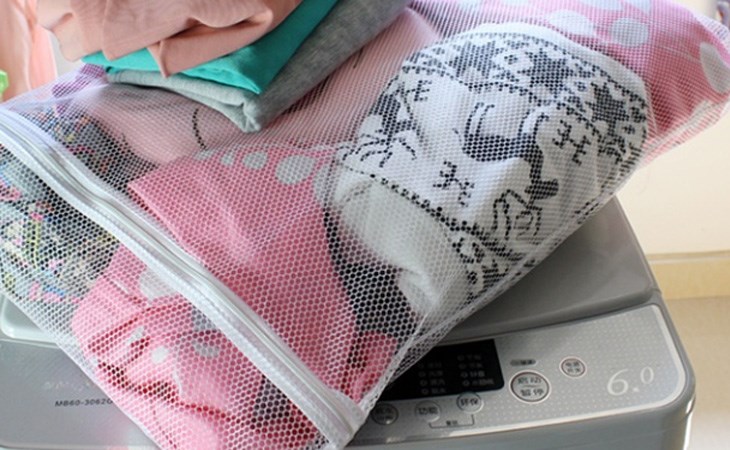
Neglecting to Sort Clothes When Doing Laundry
It is recommended to place underwear in a dedicated laundry bag to avoid cross-contamination with other garments. To prevent bacterial growth and potential health issues, it is advised to promptly wash underwear after wearing them for 1-2 days.
When operating a washing machine, it is important to take care and avoid common mistakes that may lead to damaging clothes or reducing the lifespan of the machine. By following proper procedures, you can ensure that your laundry is effectively cleaned while preserving the longevity of your washing machine.
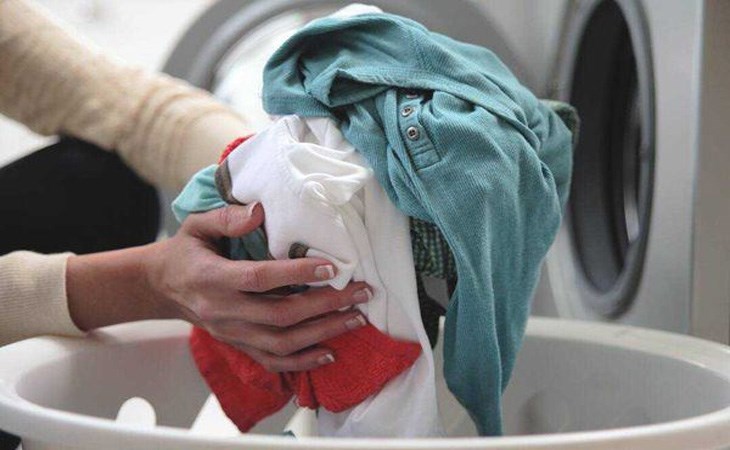
Study Warns Against Directly Pouring Detergent/Fabric Softener Onto Clothes
It is not recommended to pour detergent directly onto clothes as this can cause the colors to fade, weaken the fabric fibers, and prevent even distribution of fabric softener, leading to a shorter-lasting fragrance.
To properly prepare your clothes for soaking, it is recommended to pour fabric softener into a basin of water and stir it until evenly distributed. This step will ensure optimal softness and freshness for your laundry.
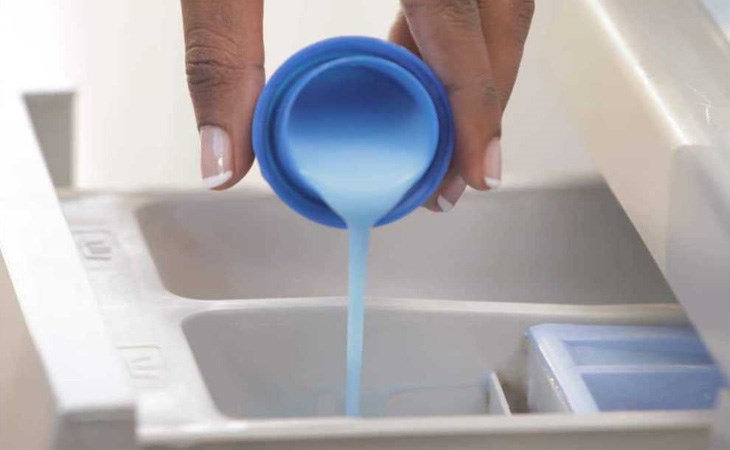
Is It Worth It to Spend Money on Washing/Drying Fewer Clothes?
To optimize energy efficiency and reduce electricity consumption, it is advisable to avoid drying small quantities or insufficiently sized loads of clothes in the dryer. Doing so can extend the drying time unnecessarily.
To ensure efficient operation and prolong the lifespan of your appliance, it is recommended to follow these guidelines when drying a small load of clothes:
1. Place a few towels alongside your items to prevent them from becoming tangled during the drying cycle.
2. Use the appropriate weight setting for your load to ensure optimal performance and minimize the risk of malfunctions.
3. By adhering to these recommendations, you will not only maintain the quality of your clothes but also extend the life of your appliance.
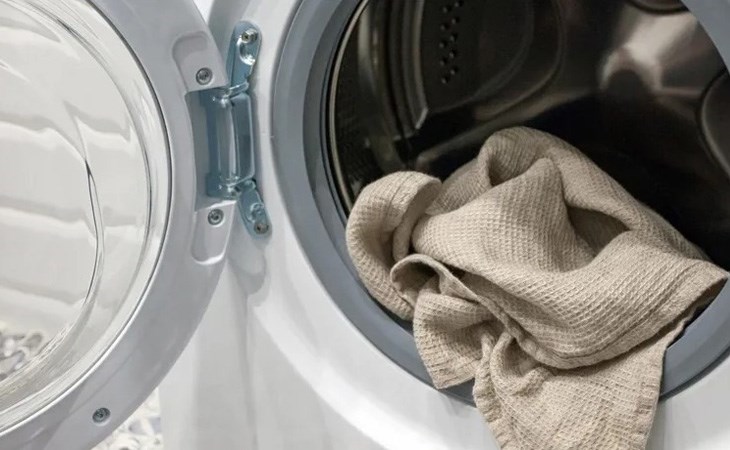
Warning: Choosing Wrong Laundry Detergent Can Harm Colored Clothing
Using the incorrect laundry detergent can have detrimental effects on the performance and longevity of your washing machine. It is essential to use the detergent specifically designed for your machine to avoid any issues. Using a different detergent can result in excessive foam overflow, damaging the machine’s internal components and potentially causing irreversible harm.

Choosing the Wrong Wash/Dry Cycle: Potential Damage to Your Clothes
Different types of fabrics require specific temperature and wash cycles to ensure their longevity. Silk, for instance, necessitates a delicate wash cycle designed for sensitive materials, which helps preserve the durability of the clothes. Selecting the incorrect wash or dry cycle can result in ongoing damage to your garments with every wash.

Effects of Excessive Laundry Detergent/Fabric Softener on Water Quality
Fabric softener not only effectively softens clothes, but also adds a pleasant scent thanks to its scented ingredients.
Please use fabric softener in moderation as excessive use may have negative effects on health and the respiratory system due to the presence of chemical components.
